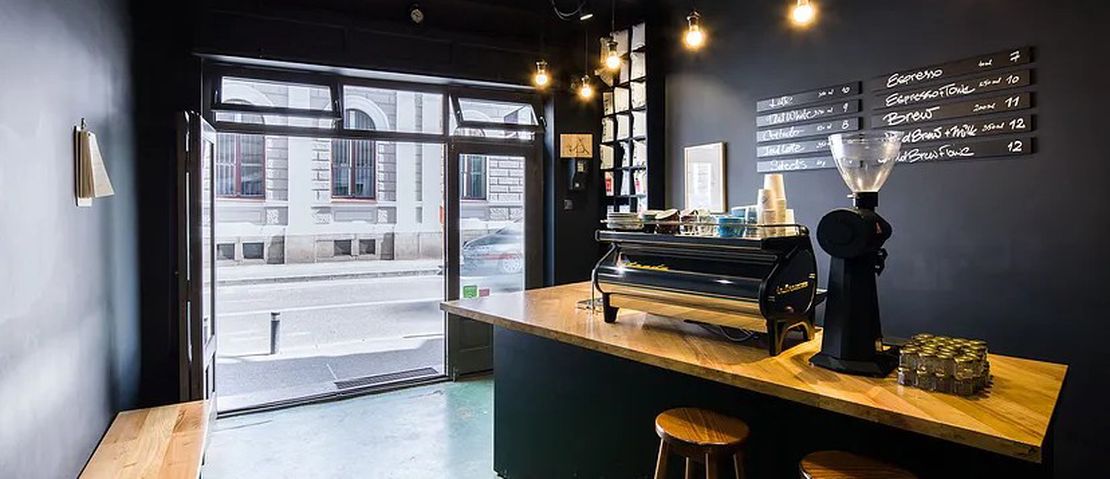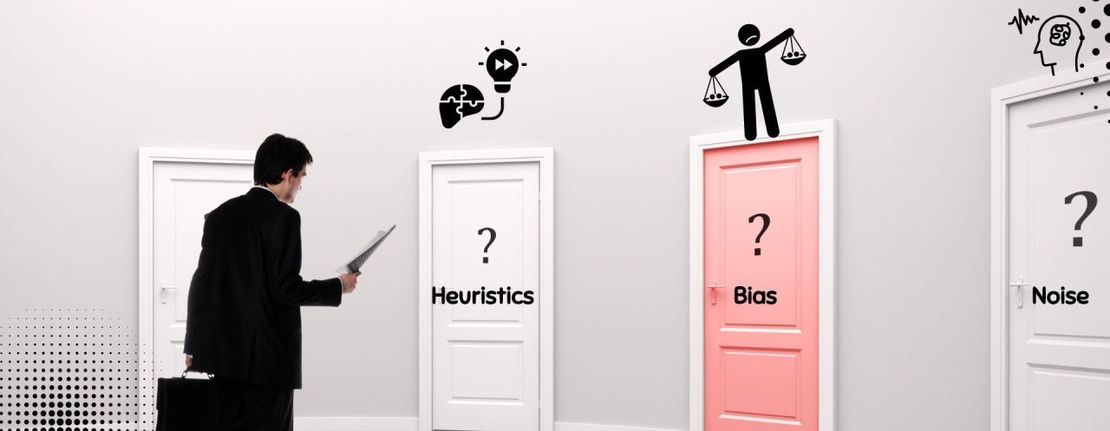
Coffee shops & The Power of Scarcity
- Sejal Gupta
- Consumer psychology
- February 1, 2021
Hundreds and thousands of people travel in metro trains in India on a daily basis. Most of these travelers are college students, company employees, and workers. As of August 2019, there are 540 metro stations in India. The Delhi metro alone makes 2700 trips per day, carrying 1.5 million passengers approximately.
Considering this, let’s imagine a scenario. College students are mostly sleep-deprived, and company employees work on a tight schedule (a highly probable assumption we make). Now suppose there is only one coffee shop, i.e., Café Coffee Day located on a particular metro station. Now, these sleep-deprived individuals running on tight schedules at 8:30 in the morning wouldn’t mind a cup of coffee, would they? Also, none of them would care to waste time trying to save a few pennies by searching for a coffee shop nearby (assuming that the customers can afford a cup of coffee at CCD). They want coffee, and they want it now!
Hence the location of a coffee bar is crucial. It is also important that there are no other coffee bars on that particular metro station as it would distribute the customers of this particular coffee shop, in our case, CCD. Hence, as a “coffeepreneur,” the right way to act would be to look for a metro station without a coffee cart and open one there.
But now, since I own the only coffee cart on the entire metro station, I have the liberty to charge unreasonably high prices from my customers. From a business perspective, this seems like an amazing opportunity. But is it?
One question that must come to your mind must be that if CCD is selling a coffee cup for Rs 200, why can’t I open a coffee shop right next to CCD and charge Rs 190 per cup. This would attract all of CCD’s customers to my shop. This way, ideally, all metro stations must be full of coffee shops competing with one another, isn’t it? But as we can see, that’s not the case. This is where the landlord comes in. Here landlord is the person leasing out space for the coffee cart.
The landlord, in this case, is approached by various “coffeepreneurs.” He can choose to divide the space between various coffee shops or only give the entire space to one coffee bar. Here, the decision is pretty simple. On one side of the negotiating table, you have the landlord, and on the other side 15 coffeepreneurs. By playing them off against one another, the landlord would be able to dictate the terms and force one of them to pay pretty much all their expected profits. So a business opportunity that seemed extremely profitable a minute back doesn’t seem that great now.
Our above discussion has shown the power of scarcity twice. First, CCD’s power to charge high prices because of its location advantage. Second, the landlord’s power to charge high rents because there is only one location, and a lot of companies are eager to use it to sell coffee! Another advantage of holding scarce resources is that it gives you bargaining power. You can always have the upper hand in a negotiation.

The scarcity principle is an economic theory that states that the limited supply of a good coupled with a high demand can lead to a mismatch in the supply-demand equilibrium. This causes the commodity prices to change (in the above-mentioned case, prices would rise). Bargaining power is the relative power of parties to exert influence over the negotiation to achieve desired results. In the coffee shop example, the landlords have more bargaining power than the buyers due to the location’s scarcity.
If there’s a profitable deal to be done between somebody who has something unique and someone who has something which can be replaced, then the profits will go to the owner of the unique resources.
Tags :
Related Posts

Are human beings always rational?
Every discipline has its own set of assumptions. These assumptions are made to simplify processes so that they are easier to understand.
Read More
Noise vs. Bias: Are they really the same?
An average adult makes about 33,000 to 35,000 daily decisions— from what we eat and wear to which source of entertainment we will consume at the end of the day.
Read More
Coffee Shop Menus, Zomato & Price Targeting Strategies
Remember when Zomato introduced the “Add tip for the delivery executive” feature?
Read More